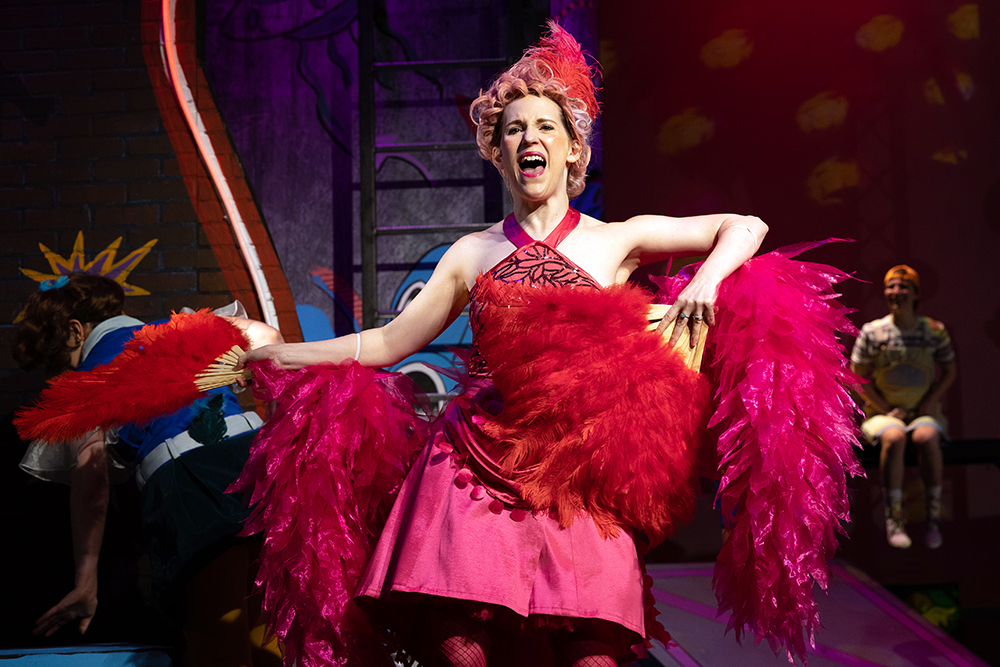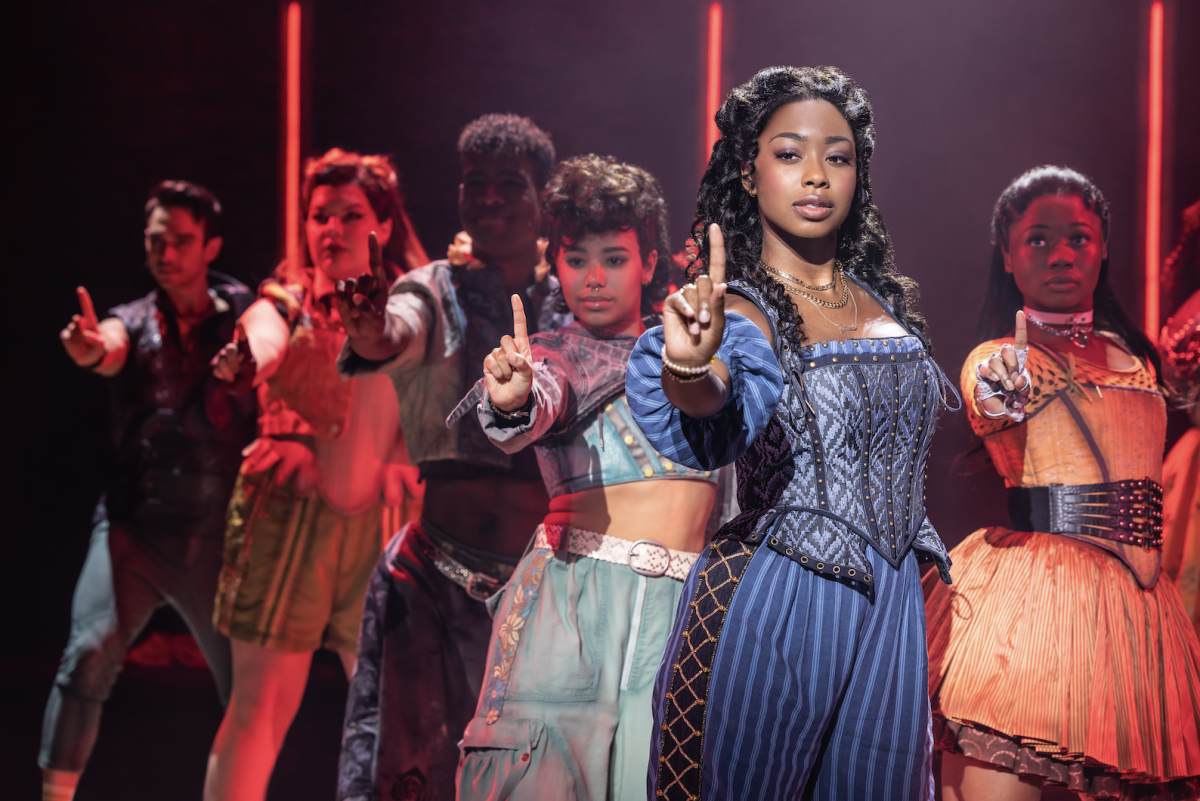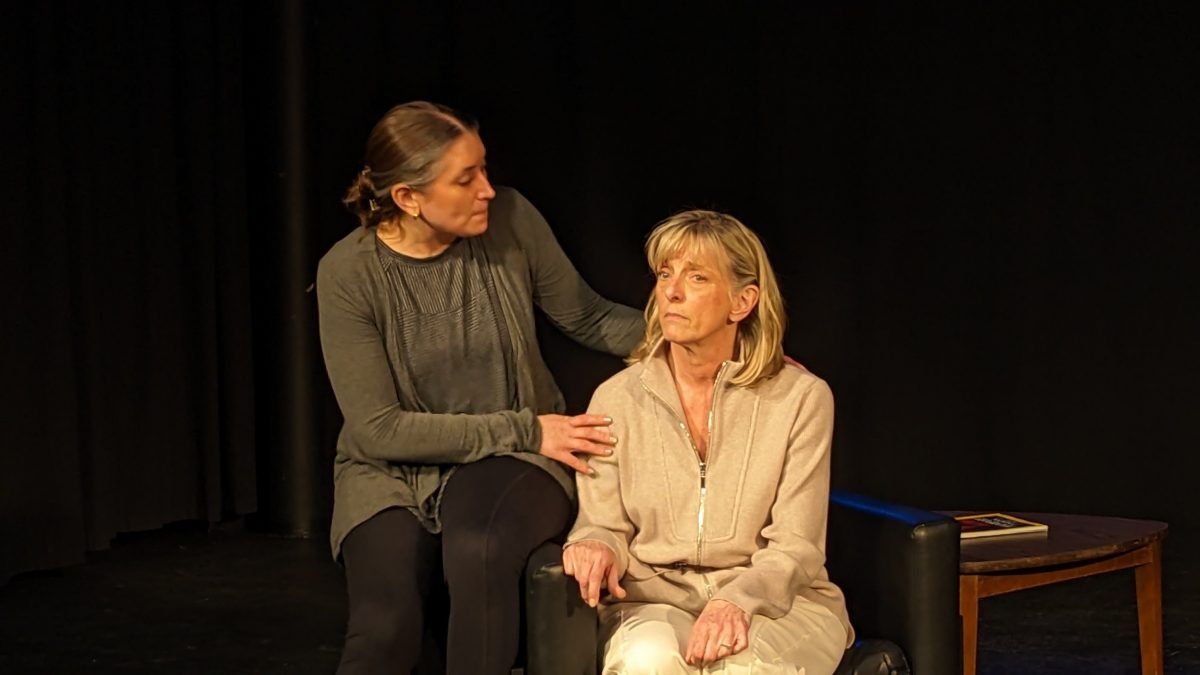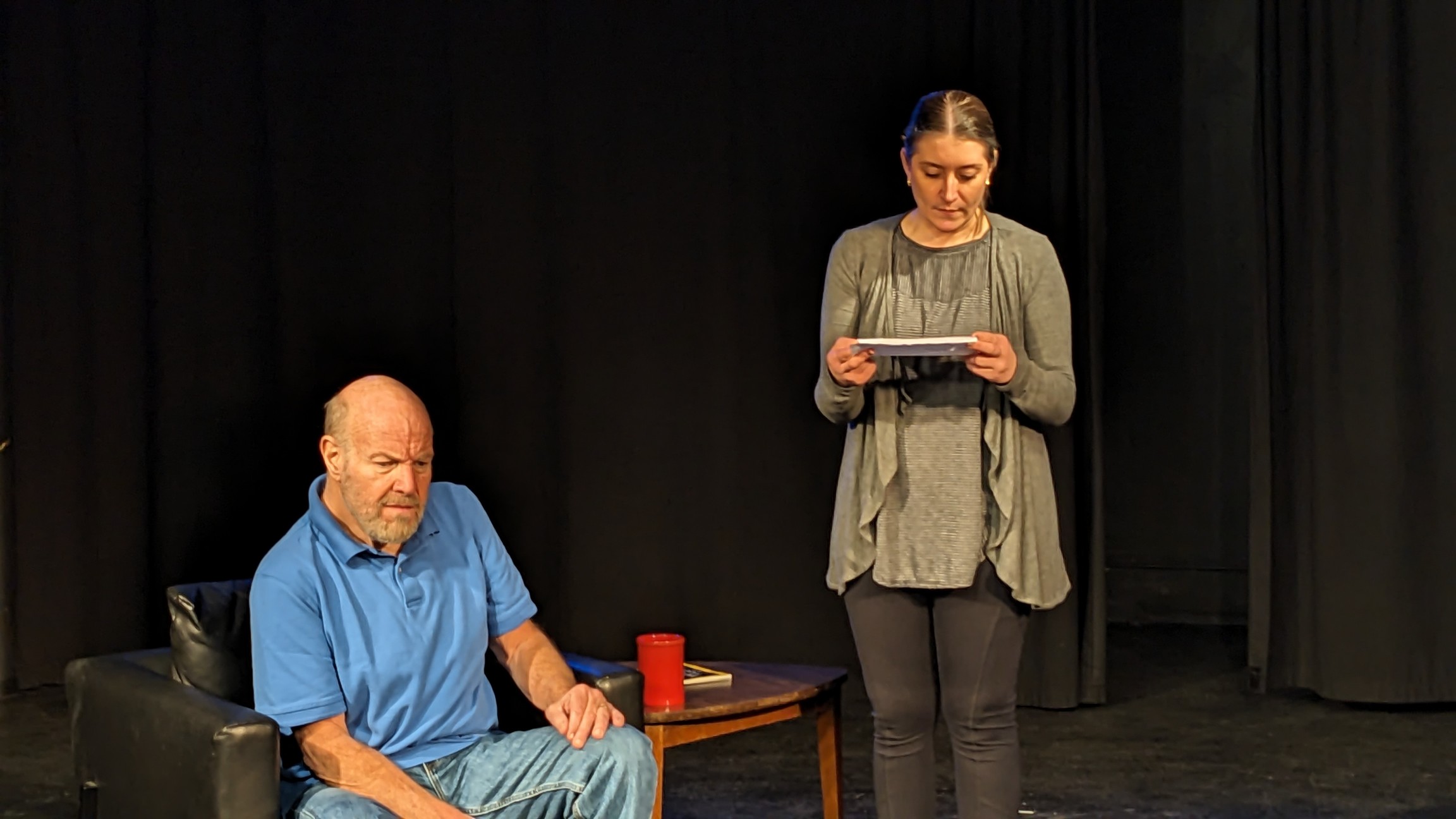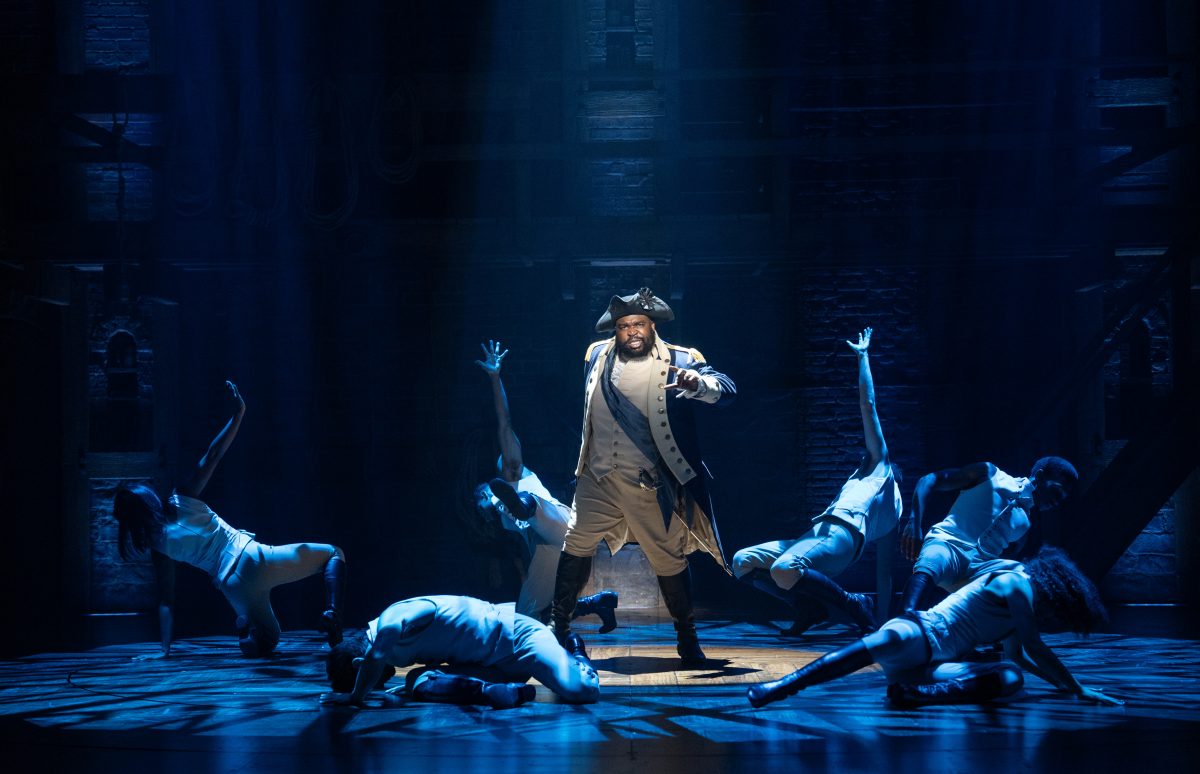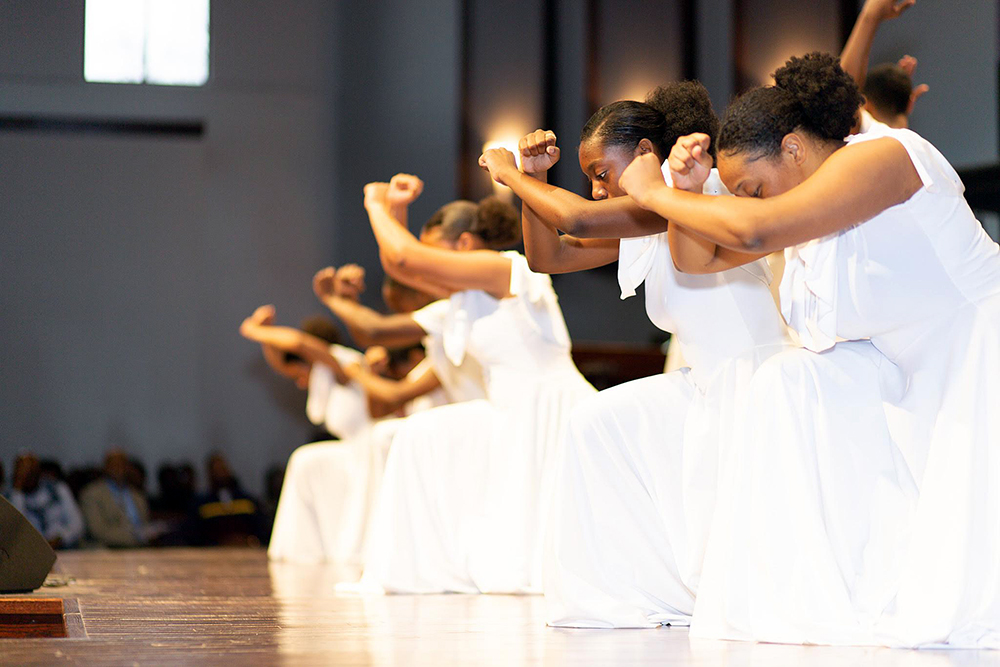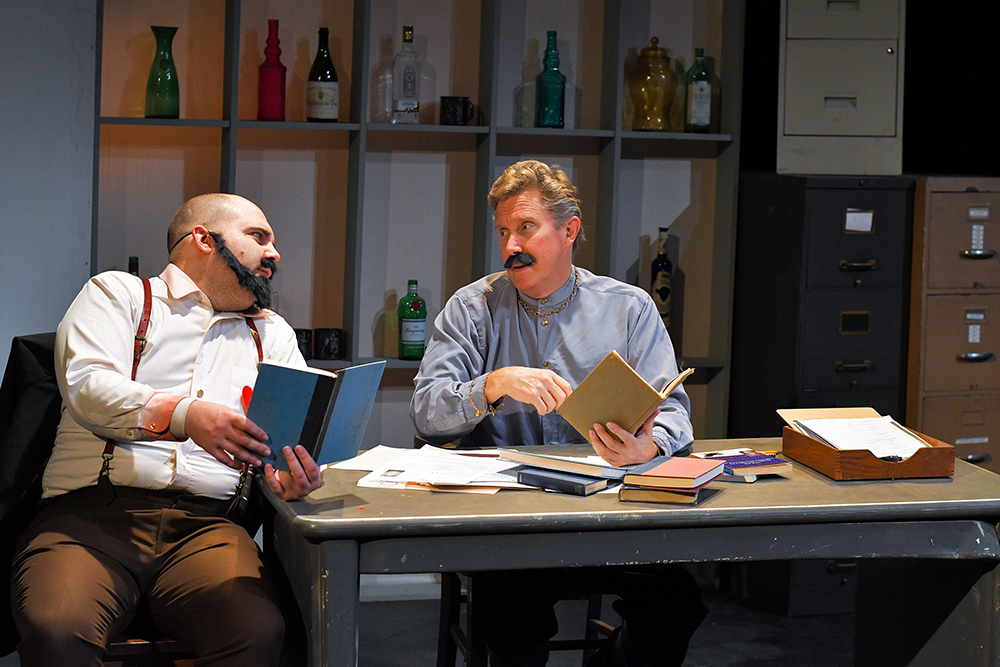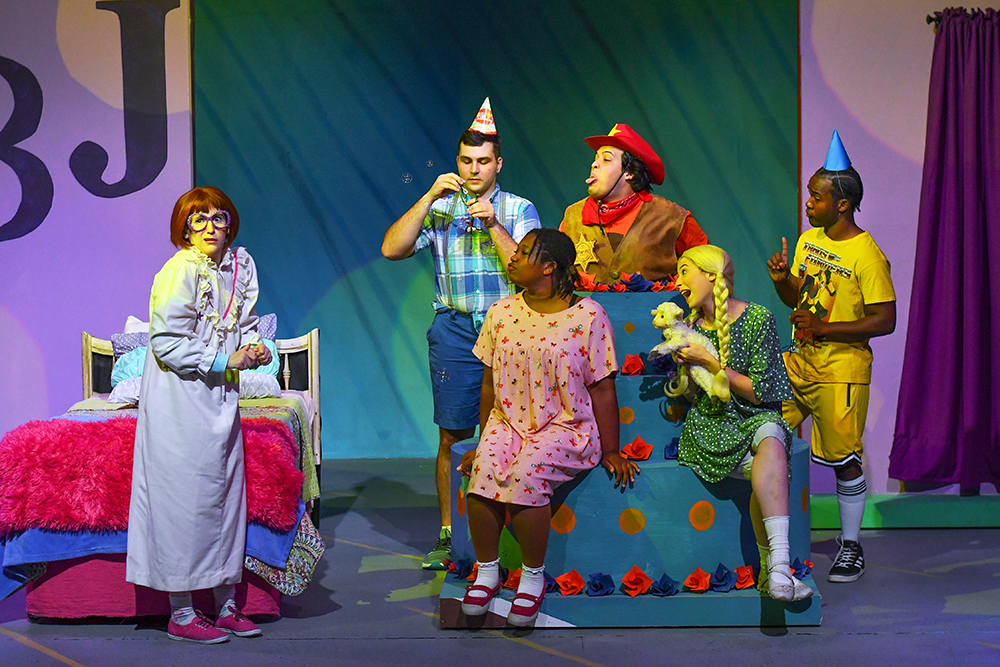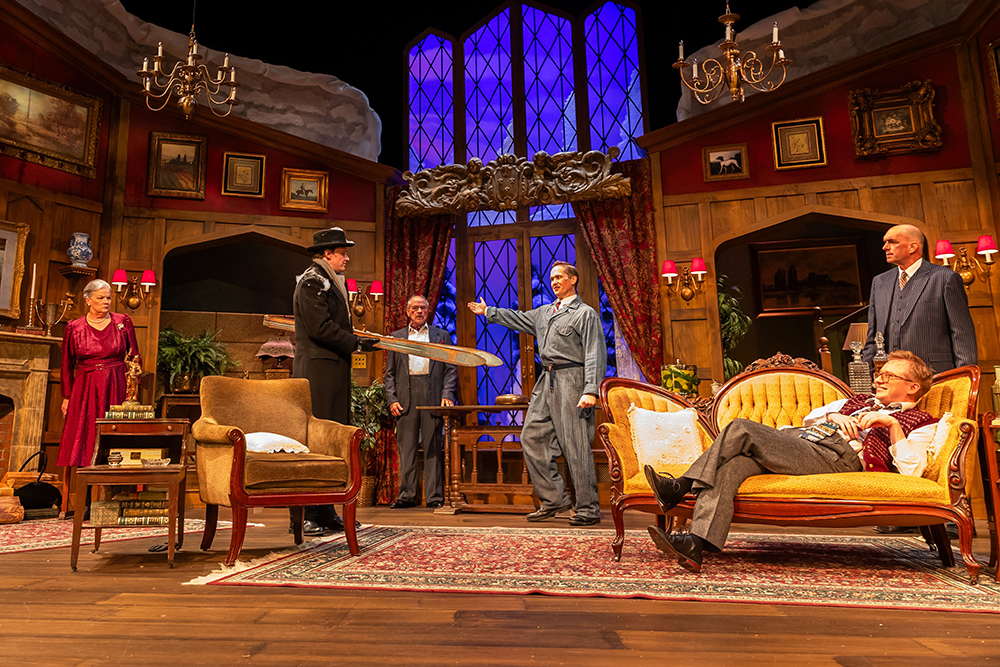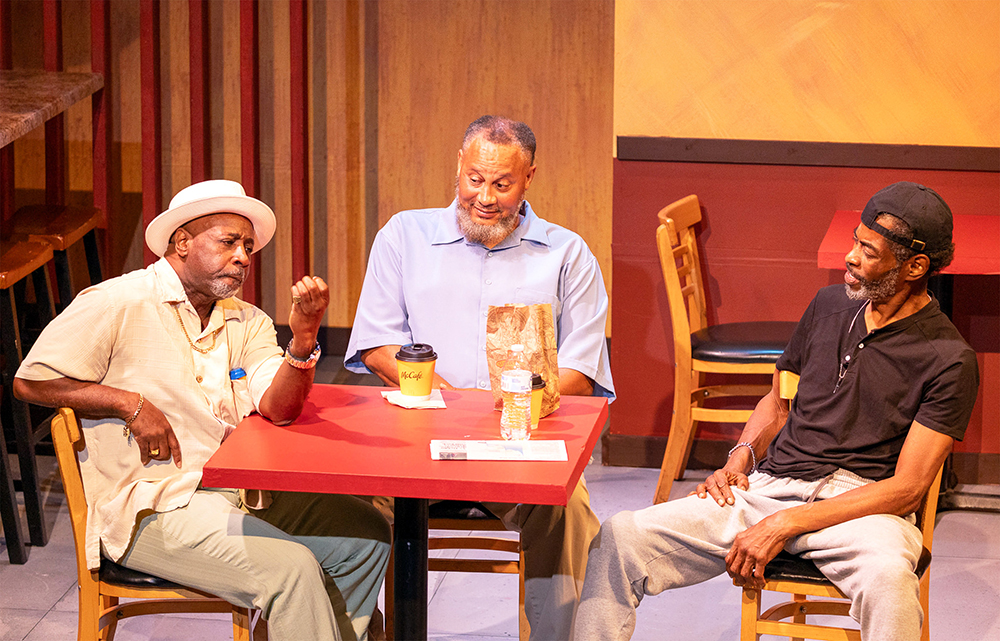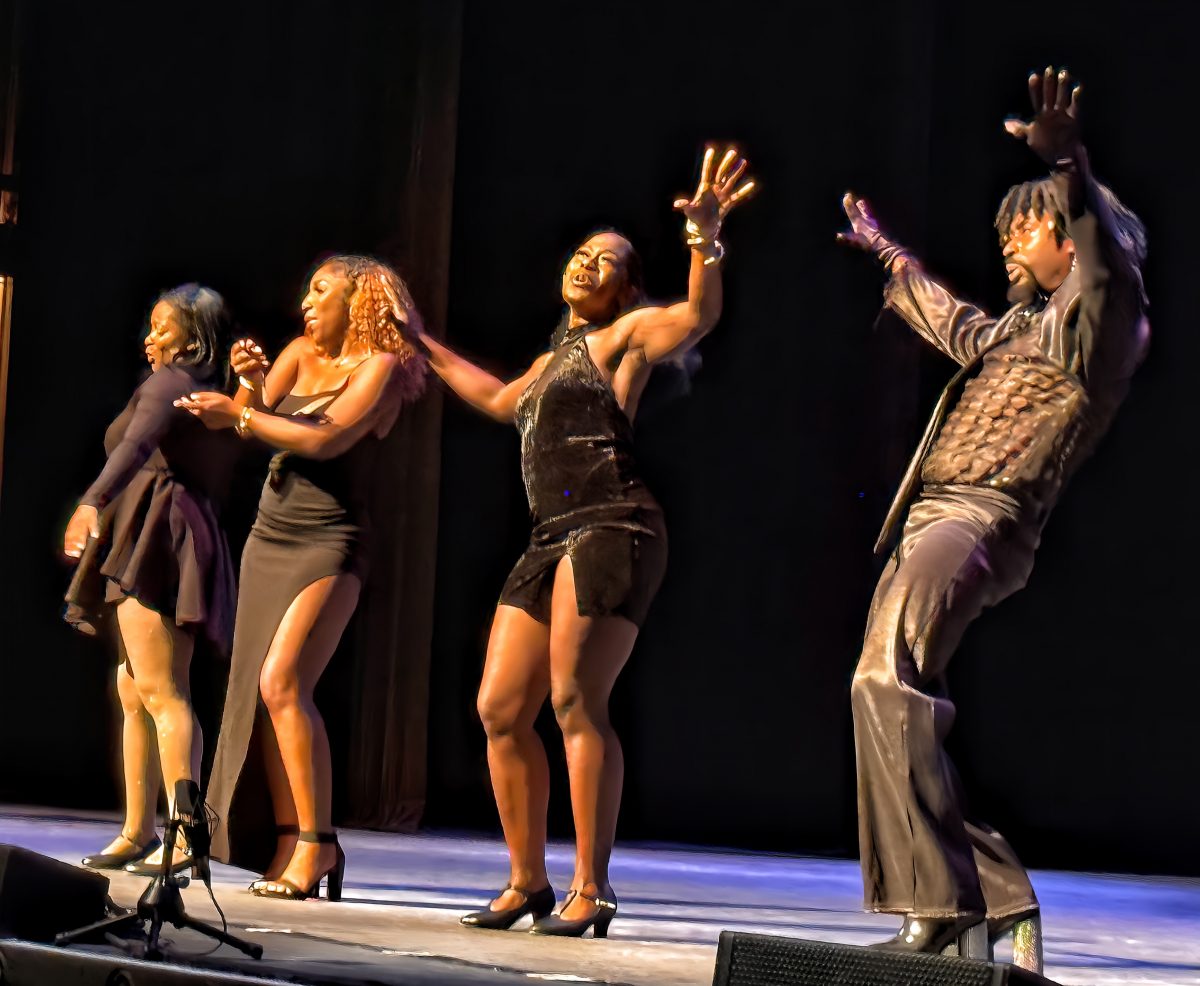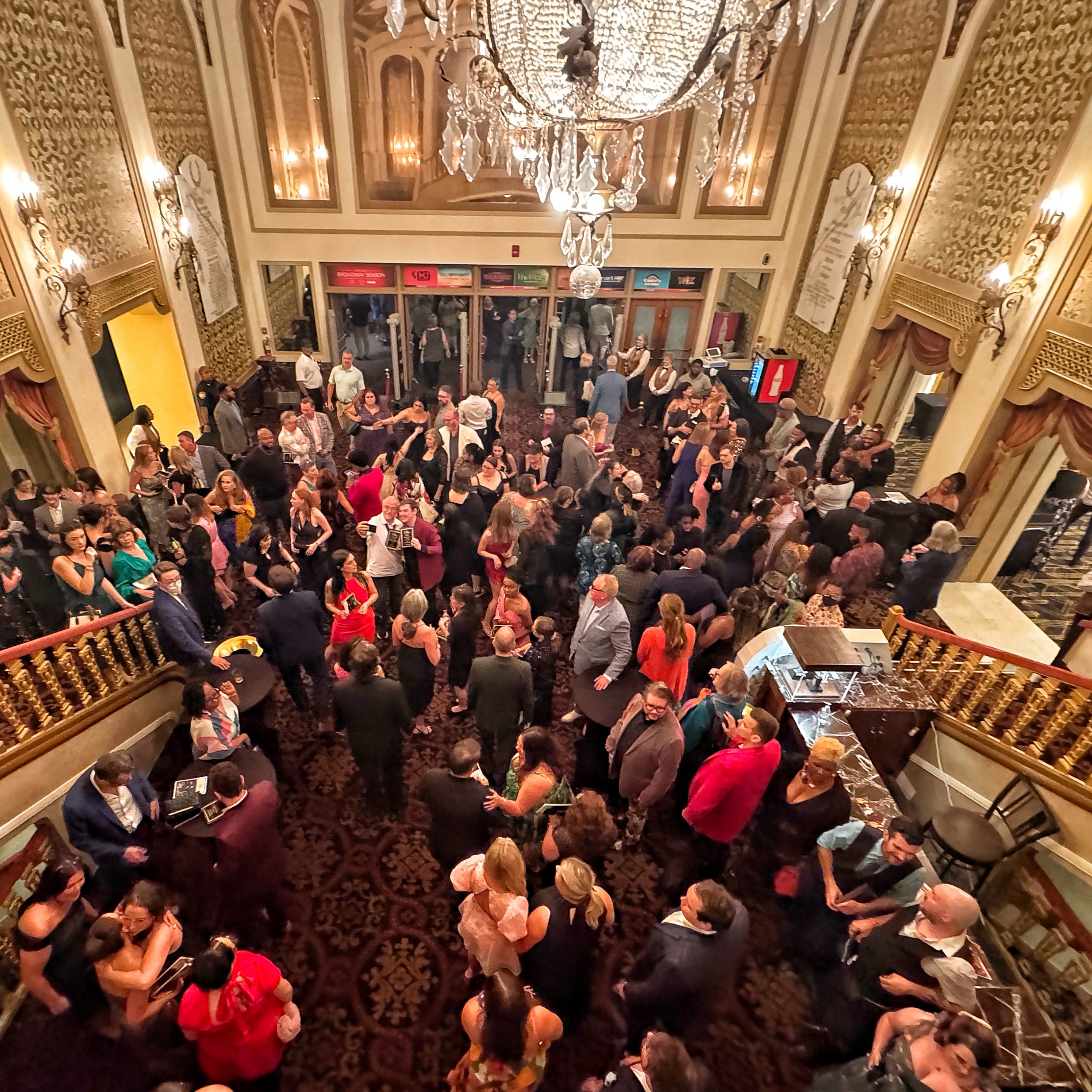Raising a child in the digital age can feel incredibly overwhelming. You can’t get through a day without a social media platform — operating under the guise of peacefully perfected progressive humility — gently telling you that you and every other 21st-century parent are doing everything wrong. The wealth of information available to us on parenting often feels more like an assault. One thing that stands out to me is that escaping the ephemeral tablet wonderland and having experiences rooted in the real world is fundamentally a good thing — hence live theater. (I say this without judgment. If your child is playing on an iPad right now, I get it.) Exposing young minds to the arts couldn’t be more important right now — hence Seussical.
Circuit Playhouse’s Seussical is everything a grown-up theater kid loves but packaged for a young audience — the future theater kid, so to speak. If I had to sum it up in one word, I’d probably use “dazzling.” You’d expect any musical based on the works of Dr. Seuss to be a visual buffet, and in this you won’t be disappointed. Bright lights, catchy songs, and costumes like a veritable spring sensory bouquet — it’s all here.
About 15 to 20 Dr. Seuss books are represented, by my guess, although the main stories we follow are Horton Hears a Who!, Gertrude McFuzz, and Horton Hatches the Egg. We mainly follow The Cat in the Hat, who acts as a kind of guide through the metaphorical representation of the imagination of young JoJo (a resident of Whoville, if you recall).
One thing I appreciate about this show is that it’s the perfect way to teach children the magic of willfully suspending your disbelief. It’s an art I sometimes worry might be lost as we become more used to computer-generated effects, but it’s one that’s fundamental to enjoying live theater. What we see is just a person on stage holding a scarf, but if things come together just right, then kids (or anyone really) can gleefully buy into the idea that no, this is a real-live elephant. This is a case in which things came together just right.
I’ve always thought children’s theater requires a specific energy from performers. Everything is a little more “up” in a way that’s difficult to articulate, and it can potentially tip a performance over into the realm of feeling disingenuous. Luckily this show achieves the delicate balance of feeling authentic yet being just over-the-top enough that it can hold a 5-year-old’s fickle attention. Director and choreographer Courtney Oliver staged this show perfectly, and I have to tip my hat to the casting decisions, as everyone fit their role like a hand to a glove. Annie Freres as the Sour Kangaroo was particularly inspired, as it provided an appropriate avenue for her powerhouse of a voice, which could so easily make everyone else suffer by comparison but instead elevated the calibre of the whole show.
Much as I enjoyed this performance, I would be remiss if I didn’t voice some thoughts on the background of Seussical. A failure to comment on the backlash against the works of Theodor Geisel, aka Dr. Seuss, in recent years would feel, to me, dangerously close to erasure. In 2019, the NAACP called for the censorship of all of Geisel’s work from public schools, institutions, and public libraries, and as of 2021, six Dr. Seuss books will stop being published. In my opinion, the vital message here is this: Art is important. It has power, and talking about it — whether about how it can encourage people to learn and think critically or about the ever-increasingly relevant debate on just how much we should separate art from an artist — is important. The humanities are and always have been critical for our society. This musical can be interpreted in myriad ways, and perhaps it’s an opportunity to talk with our children (or family or friends) about how art can mean different things to different people. Perhaps this is an opportunity to stop and wonder why the line “Somebody’s thinkin’ different than us” is voiced by the villain of the show.
Seussical runs at The Circuit Playhouse through April 12th.
